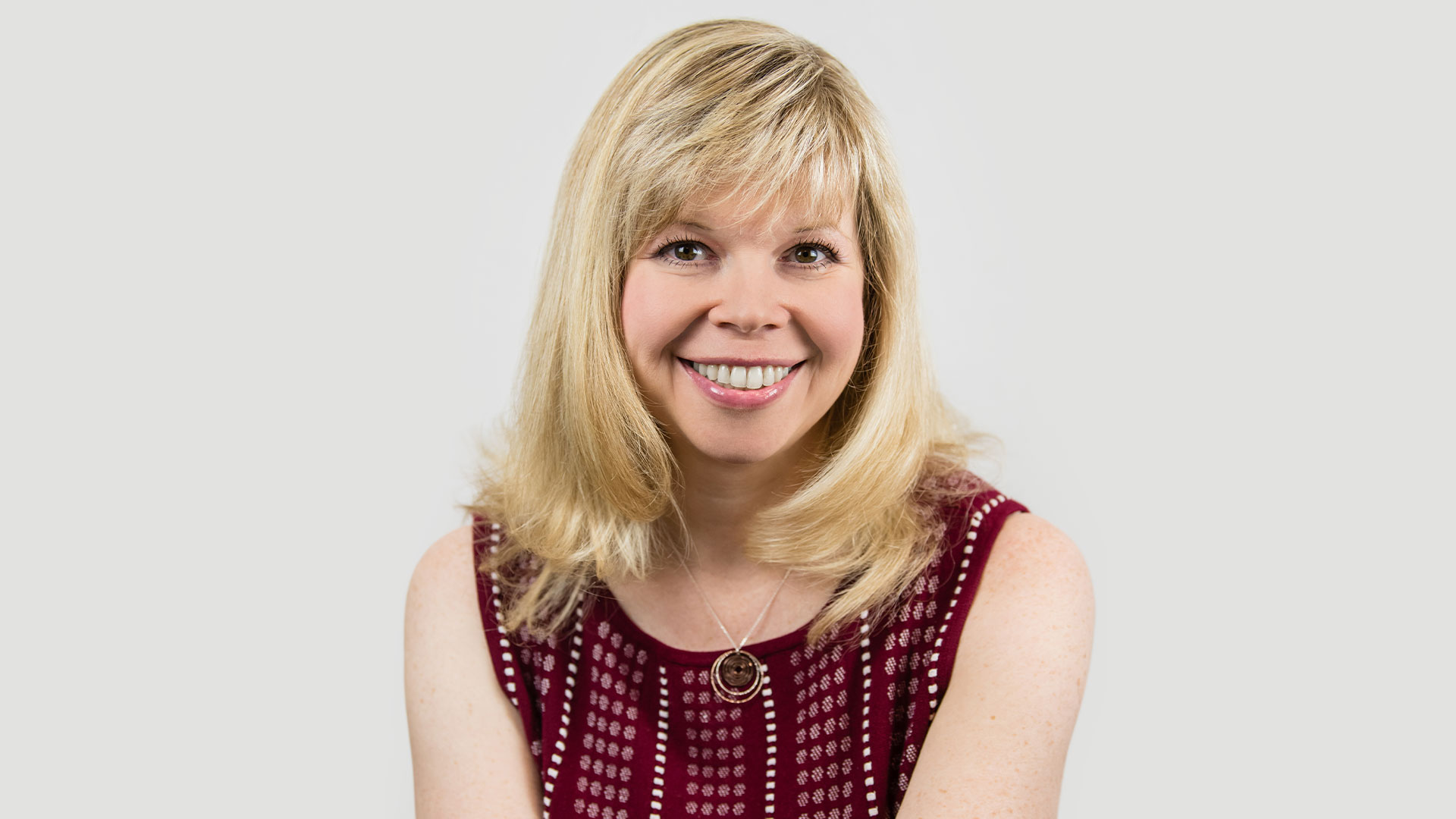FAQs
SkinCare in Wellesley, MA
Quick Links
SKIN CANCER FAQS
Basal cell and squamous cell skin cancer most commonly affects patients who are 50 or older. However, melanoma is more common among patients age 25-29.
Yes, a dermatologist can remove skin cancer through excision or other methods.
A dermatologist may suspect that a mole is cancerous just by looking at it, but a biopsy is generally required to diagnose skin cancer.
ACNE FAQS
Clearing up acne depends on the type of acne you have and the cause for your acne. Dr. Goodkin will recommend a specific, custom treatment plan for your acne after a professional evaluation.
Commonly, acne begins in preteens or teenagers and generally lasts for five to ten years. However, each patient’s experience with acne will vary, and it is possible to clear up acne sooner with professional treatment.
Some tips for avoiding acne are to sleep on a clean pillowcase, use a fresh washcloth to wash your face each day, avoid handling items such as remote controls or cell phones that hold bacteria at bedtime, and to reduce stress as much as possible.
ACTINIC KERATOSIS FAQS
In some cases, actinic keratoses can turn into squamous cell carcinoma, but when treated early, actinic keratoses will not become skin cancer.
Chemical peels can be used to treat actinic keratosis.
Actinic keratosis should be removed to ensure that the patches don’t develop into skin cancer.
FOLLICULITIS FAQS
A sudden change in diet that includes high carbs or sugar can increase oil production in the skin, which may lead to folliculitis if the hair follicles become inflamed as a result.
Stress can be a contributing factor to folliculitis.
If left untreated, folliculitis can cause patches of hair loss resulting in bald spots if inflammation of the hair follicles stops new hair production and growth.
ROSACEA FAQS
Dehydration is a common rosacea trigger, but not the root cause of rosacea. Staying hydrated can help patients with rosacea avoid flare-ups.
A facial should not worsen rosacea or irritate the skin in patients with rosacea, but patients should be careful to choose qualified, trusted aestheticians or dermatologists before having a facial.
Rosacea usually only effects the nose, forehead, cheeks, or other areas of the face. However, some patients may see rosacea symptoms on the neck, back, arms, or legs as well.
ALOPECIA FAQS
Dermatologists can treat alopecia, as dermatologists specialize in treating the skin, hair, and nails.
Stress can be a trigger for alopecia.
Several treatment options are available to help patients with alopecia regrow hair or minimize hair loss.
